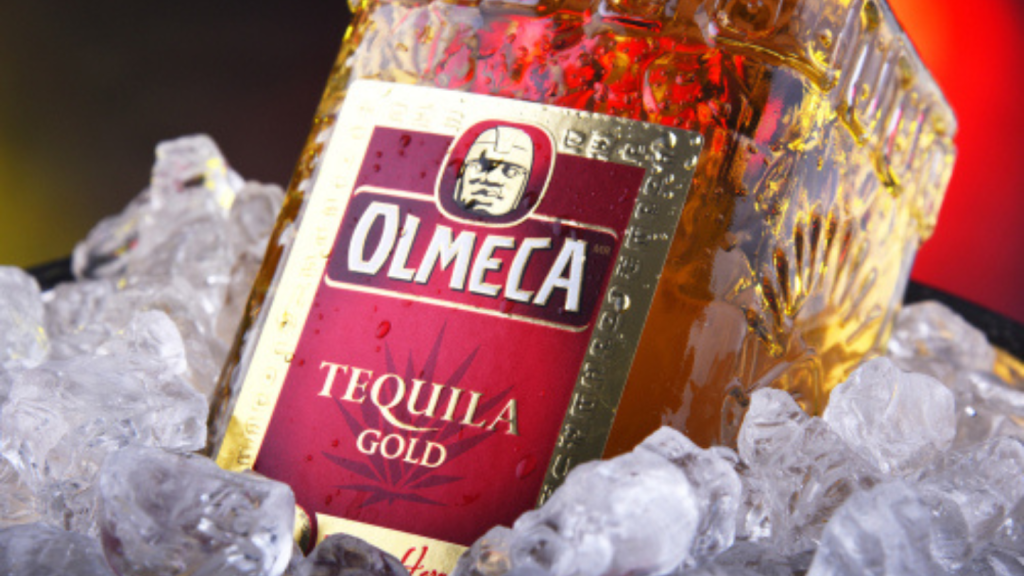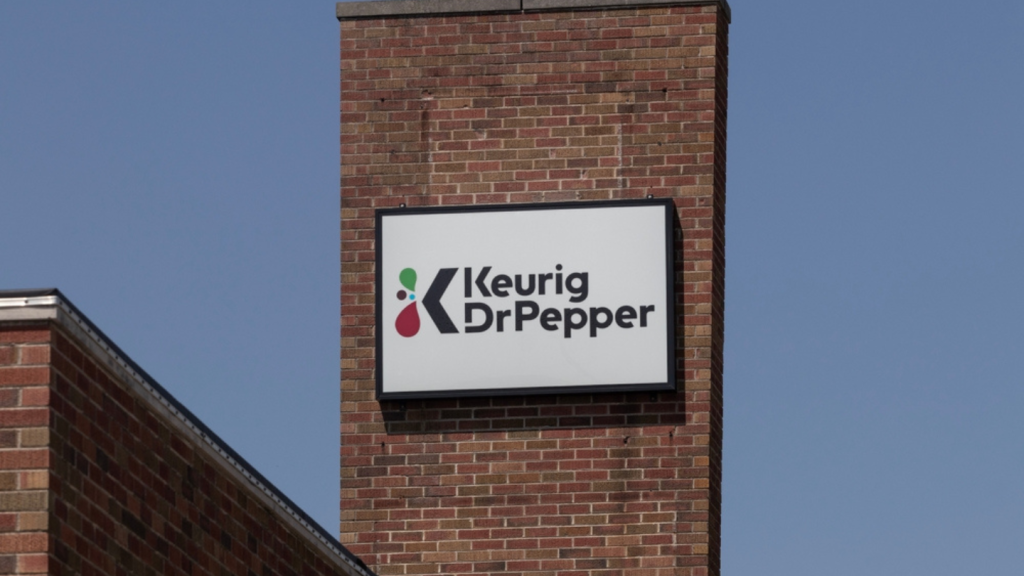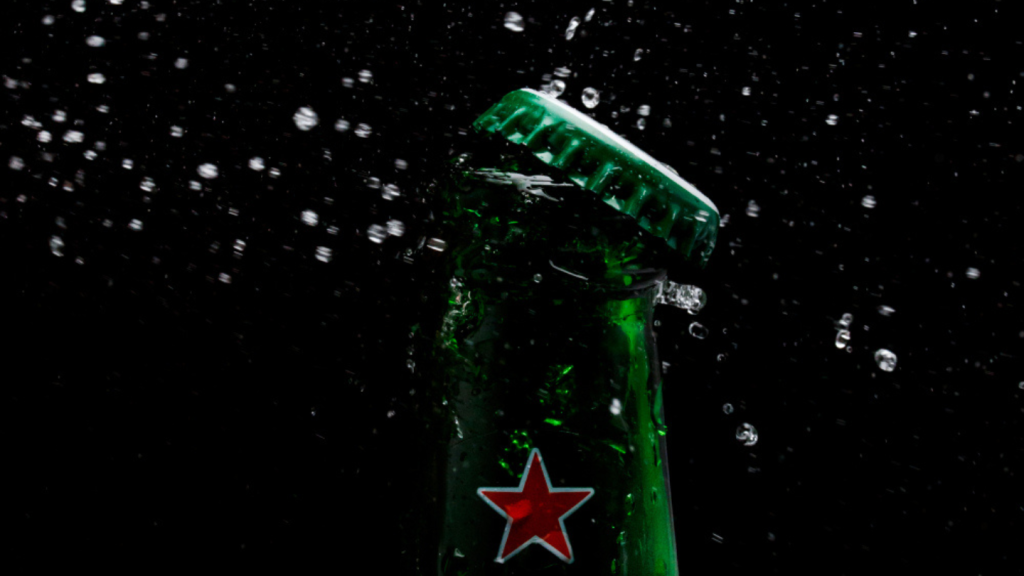 Constellation Brands and BRL Hardy are edging close to a merger that will create the world’s largest wine company, a deal that has evolved from their US joint venture Pacific Wine Partners. As Constellation and PWP continues to face off a weak domestic market, CEO Richard Sands spoke last weak about his hopes for a US turnaround. Anne Brockhoff reports.
Constellation Brands and BRL Hardy are edging close to a merger that will create the world’s largest wine company, a deal that has evolved from their US joint venture Pacific Wine Partners. As Constellation and PWP continues to face off a weak domestic market, CEO Richard Sands spoke last weak about his hopes for a US turnaround. Anne Brockhoff reports.
Additional reporting by Chris Brook-Carter.
US consumers are drinking more and better wine, and the trend is likely to continue, Constellation Brands’ CEO Richard Sands told investors on a conference call following the release of third-quarter earnings last week.
Industry data shows US wine sales rose 3% by volume in the past 12 months, but gained 5% by value, Sands said. That means consumers are buying more bottles and paying a higher average price for them.
The shift is partly due to sharp discounts offered by many winemakers, as “bargains” tempt shoppers to move into a higher price category. That discounting is likely to continue in 2003, Sands said.
How well do you really know your competitors?
Access the most comprehensive Company Profiles on the market, powered by GlobalData. Save hours of research. Gain competitive edge.

Thank you!
Your download email will arrive shortly
Not ready to buy yet? Download a free sample
We are confident about the unique quality of our Company Profiles. However, we want you to make the most beneficial decision for your business, so we offer a free sample that you can download by submitting the below form
By GlobalData“I think we will see pretty much the same picture next year,” he said. “There’s not going to be an abatement of tactical discounting taking place by the marginal players, or even the major players who have excess inventory.”
The excess is partly due to a grape glut that spurred wine production and eroded grape prices. Sands said the imbalance is nothing unusual and should correct itself within three to four years.
“
“At some point in time, I guarantee, demand will outstrip supply, and we’ll be back where we were in 1996 “ |
 |
CEO Richard Sands |
Still, Constellation has remained relatively unaffected by the abundance of grapes and resultant price competition. Rather than discounting, the company has focused on strong distribution and brand-building to boost market share across all segments, Sands said.
“This environment, while it’s tough and it encourages some price competition, is to our advantage,” he said.
Indeed last week, Constellation reported net income up US$10m, or 18%, for the third quarter to reach US$64m. Not only were the results were ahead of analysts forecasts, which had predicted earnings of around 68 cents per share, they represented the 19th consecutive quarter of double-digit earnings growth Constellation was also able to raise its full-year earnings forecast from between $2.00 and $2.04 to between $2.03 and $2.05 per share. “We are confident we can build on our growth track record and we continue to target mid-teens EPS (earnings per share) growth,” said Sands at the time.
Constellation’s December wine depletions appear strong after a later-than-usual Thanksgiving holiday caused a November slow-down. Still, Sands warned fourth quarter figures could face a tough comparison against a year ago, when sales surged as distributors and retailers restocked following September 11.
During the three months ended Nov. 30, net sales of popular and premium wine fell 3%. Branded sales were unchanged, and Arbor Mist, Almaden box wine, Alice White, Covey Run and Paul Masson Grande Amber Brandy collectively posted a 9% gain.
Fine wine net sales rose 3%, led by Ravenswood and Simi, even as a sluggish US economy hampered on-premise sales in upscale restaurants.
The performance of Pacific Wine Partners, a joint venture with BRL Hardy, was “tremendous,” Sands said. The venture added US$4m to Constellation’s bottom line in the third quarter, compared with US$1m a year earlier, as US demand grew 40% for Banrock Station and 70% for Blackstone.
So good has the relationship apparently been that Sands today confirmed he is at an advanced stage in merger and takeover talks with BRL Hardy’s management.
The deal would create the world’s largest wine business, with close to A$3 billion in wine sales a year, and give Constellation a powerful position in a number of the world’s key wine markets, including the UK. It would also give it far better access to Australian wine, the industry’s big money spinner in the US at the moment- sales of Australian wines in the US jumped nearly 64% in value last year.
Both companies were keen to stress that no deal had been done yet. However the signs look positive as no counterbid from a Constellation competitor is expected given the two companies’ strong working relationship.
And whatever Sands’ optimism about the US market, there is no doubt further tough time lie ahead. A global deal such as this would go some way to alleviating fears of a continued US slump.






